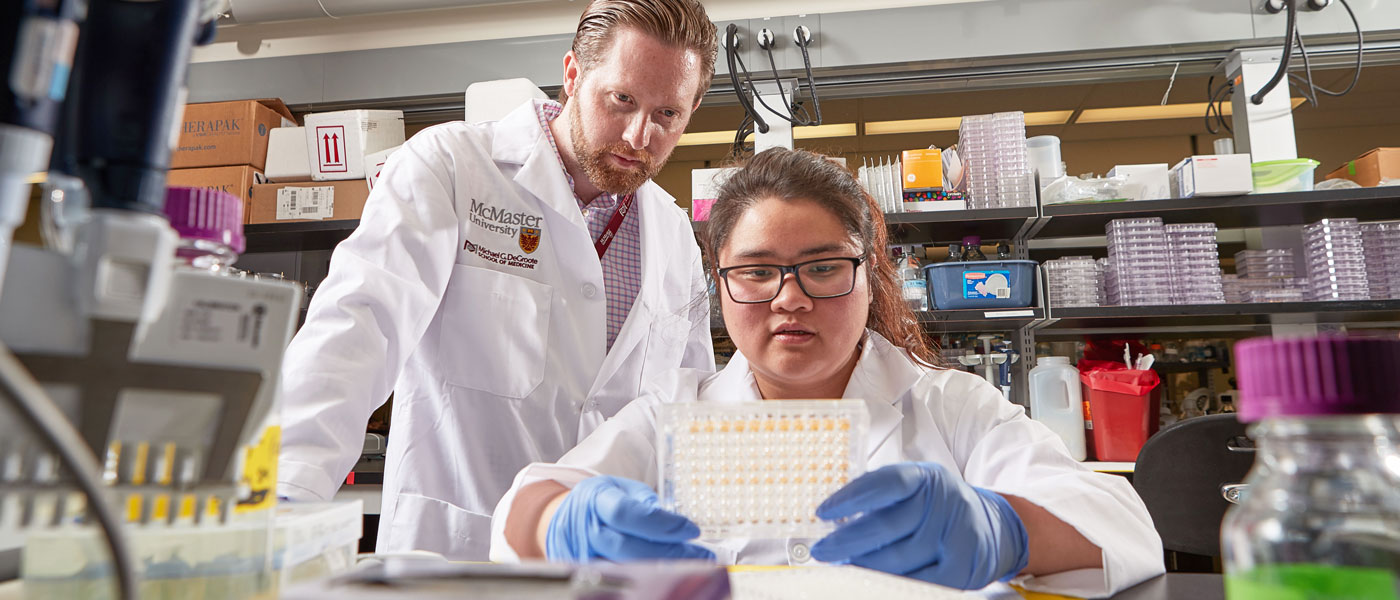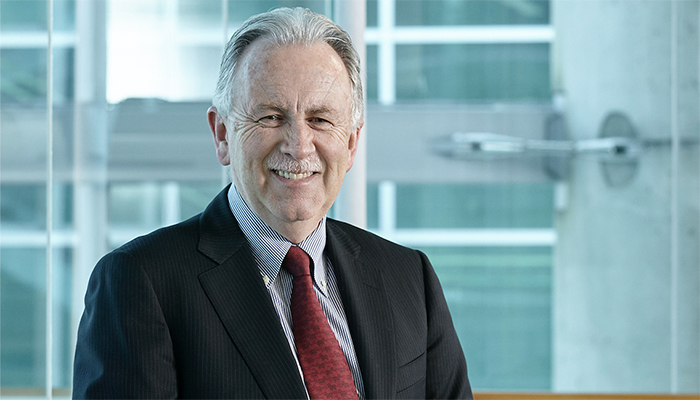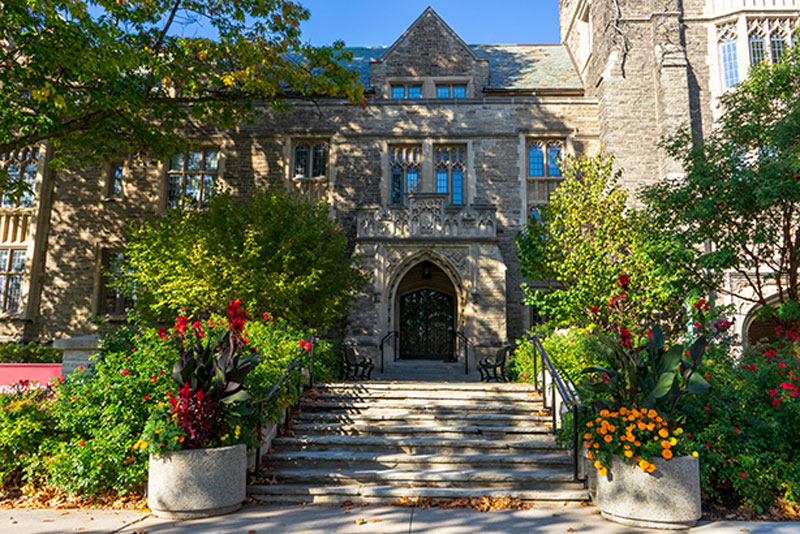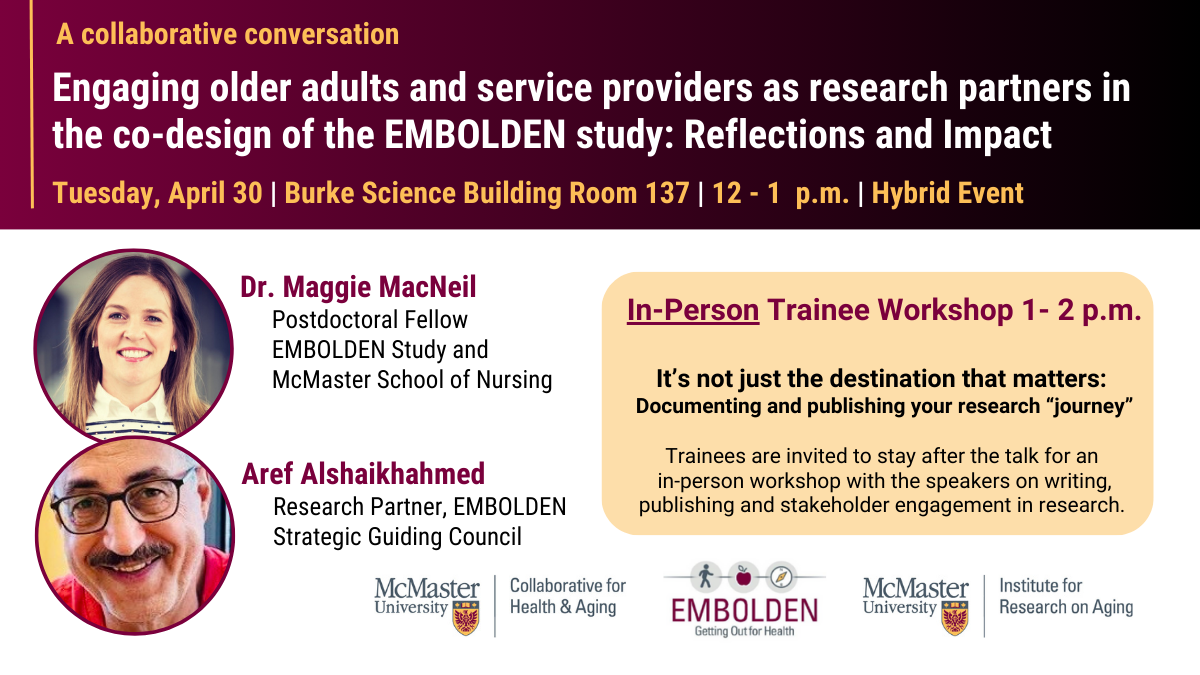Home
Welcome to the Faculty of Health Sciences
A global leader in health education, research and training, and home to some of the best and brightest minds in the world, the Faculty of Health Sciences at McMaster University is shaping the future of health care in Canada and around the globe.
Latest News
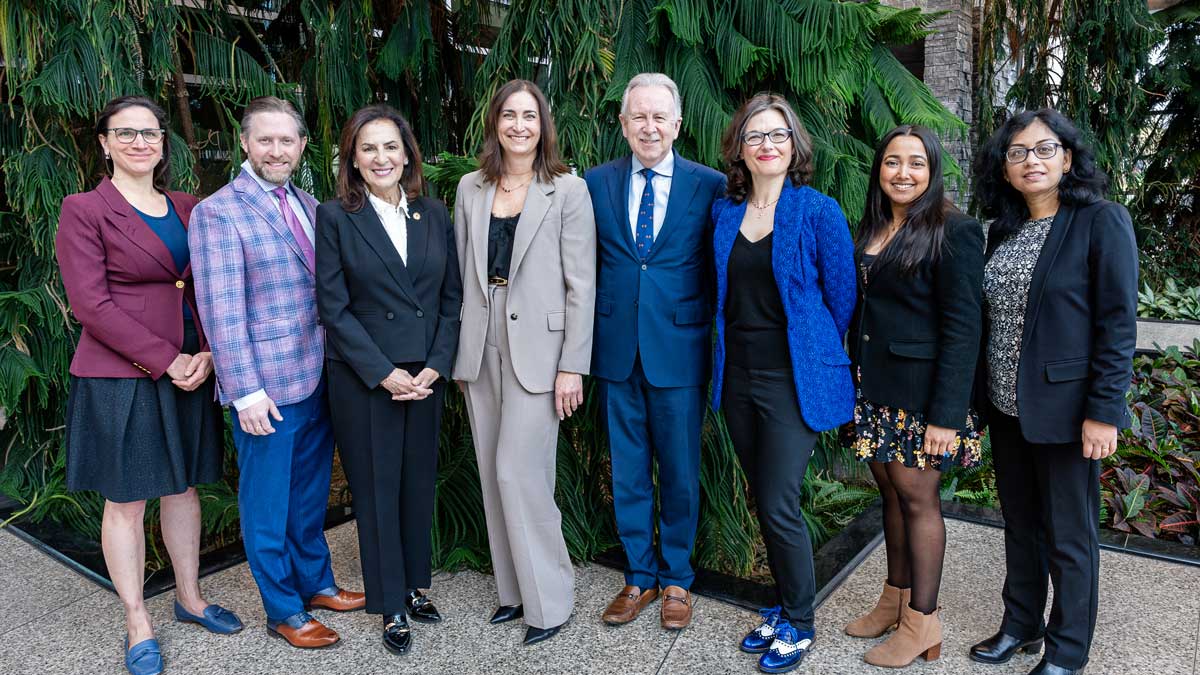
Pfizer Canada and McMaster University to foster health equity in vaccine science
Collaborations & Partnerships

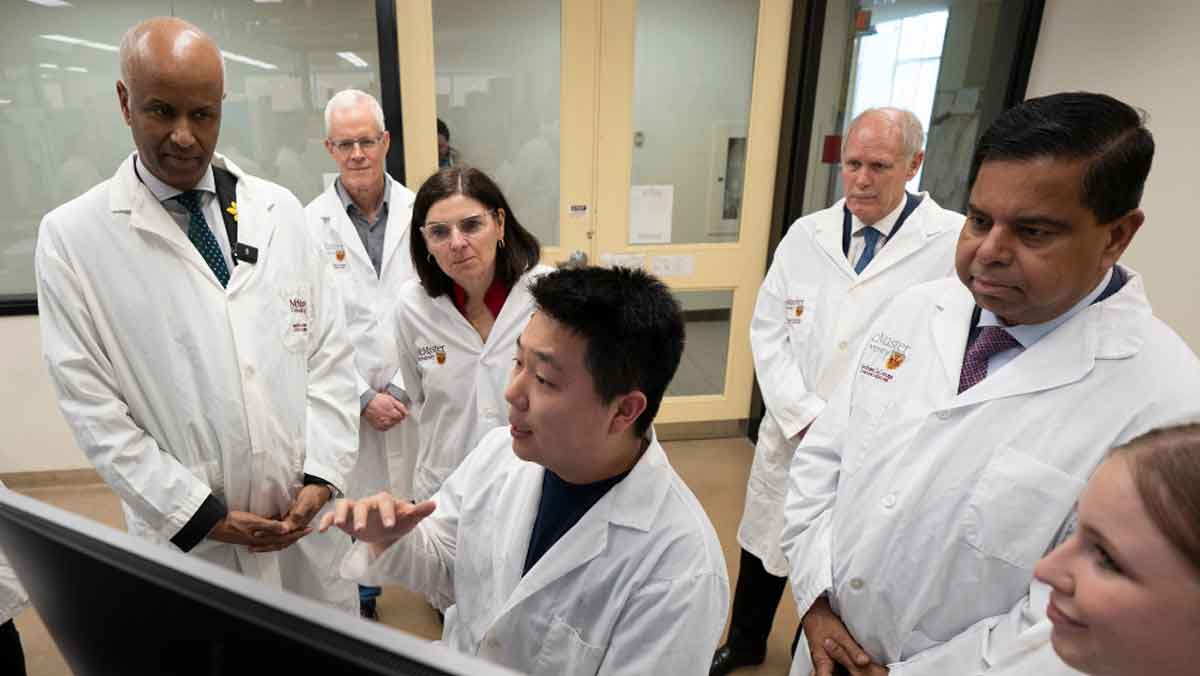
Daily News ➚
A win for Canadian research: Ottawa boosts funding for graduate students, research grants
Collaborations & Partnerships
Upcoming Events

McMaster Advanced GRADE Workshop
Workshops
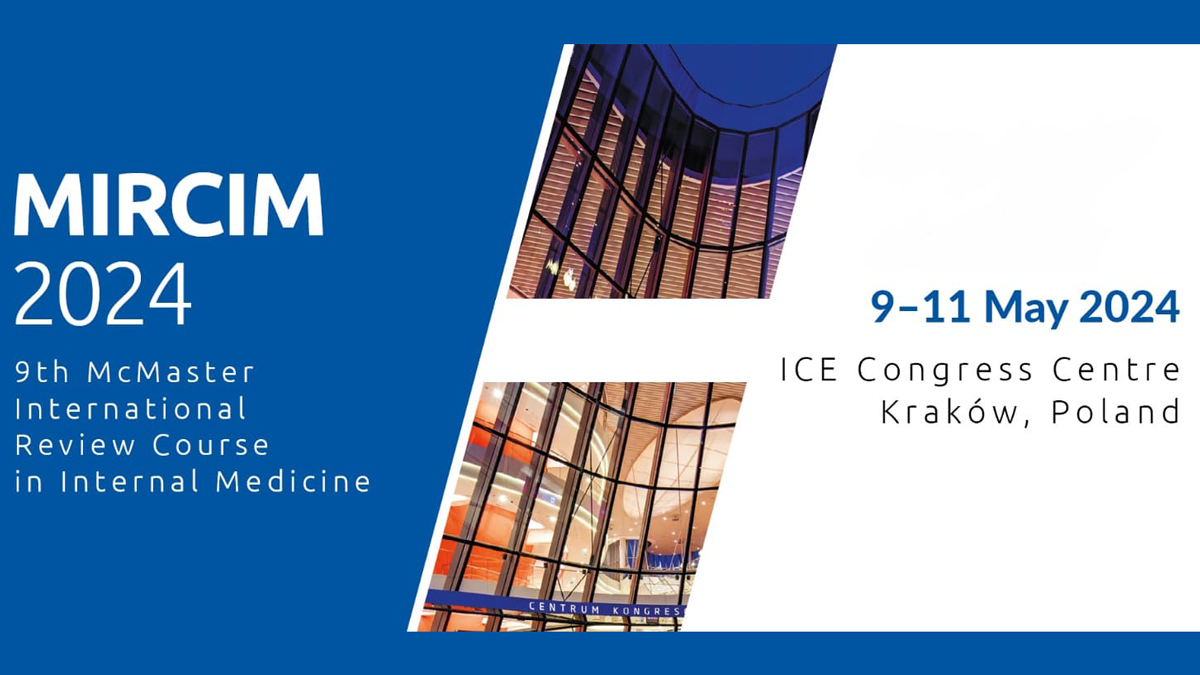
MIRCIM 2024 9th McMaster International Review Course in Internal Medicine
Conferences, Workshops

7th World Congress on Diabetes & Endocrinology
Conferences, Lectures, Workshops



